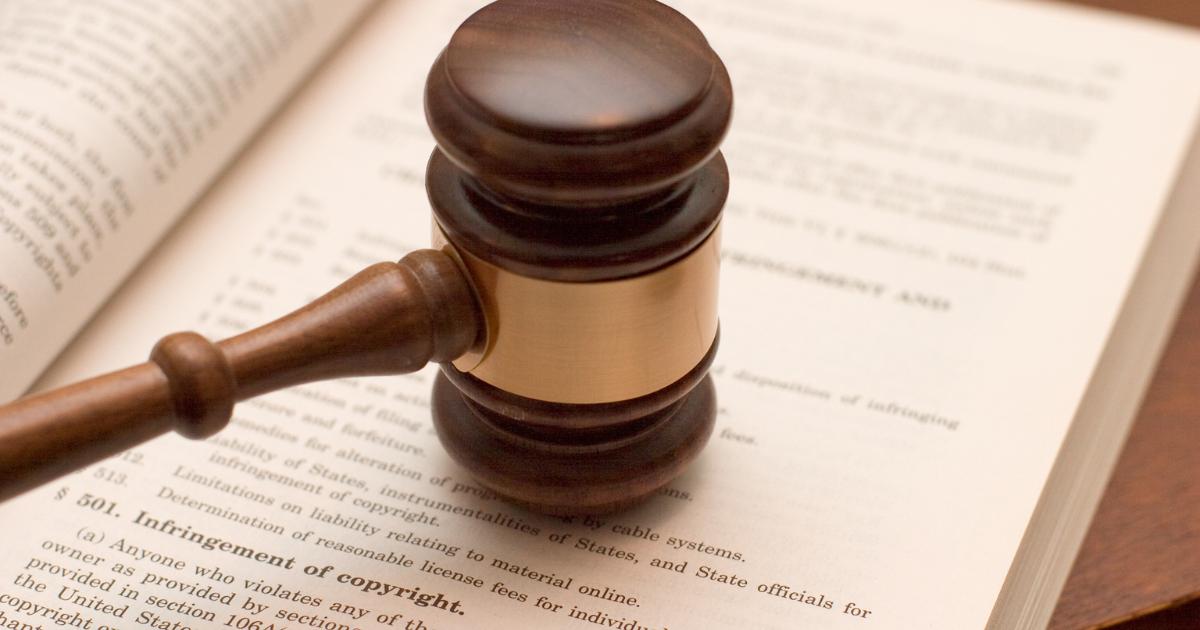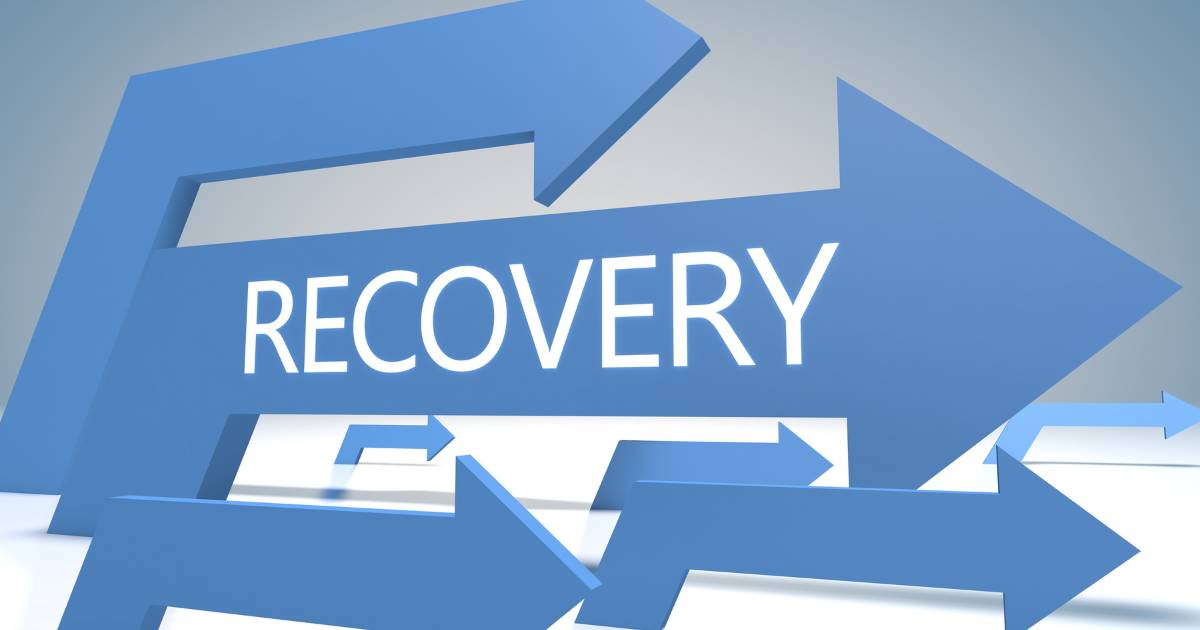· Banking Dispute · 4 min read
How to Resolve Banking Disputes Legally | Lawyer Forum
Learn how banking disputes can be resolved legally with the help of expert legal guidance. Explore practical solutions from a legal perspective.

How to Resolve Banking Disputes: A Legal Perspective
Banking is an integral part of modern life, but sometimes things go wrong unauthorized transactions, issues with loans, wrongful charges, or disputes over account closures. When these problems arise, it’s important to know your rights and understand how to resolve the matter legally and effectively.
As a lawyer who has worked with clients across a wide range of financial disputes, I can tell you that many banking issues can be resolved efficiently when approached through the right legal channels. Here’s a legal perspective on how to handle banking disputes in India.
Step 1: Identify the Nature of the Dispute
The first step is to clearly identify the problem. Some of the most common banking disputes include:
Loan-related issues (like wrongful recovery or incorrect interest charges)
Errors in bank statements or charges
Disputes related to account closure or freezing
Failure to follow RBI regulations
Each of these falls under different regulatory and legal frameworks. For instance, a fraudulent transaction may involve cybercrime, while a loan-related issue may relate to contract or consumer protection law.
If your issue involves online fraud or identity theft, it might also be worth exploring legal help from a cyber crime lawyer.
Step 2: Raise a Complaint with the Bank
Before moving to legal action, you must first try resolving the dispute directly with the bank. This is a mandatory step.
Every bank in India has a grievance redressal system. Lodge a complaint in writing or through the bank’s customer support portal. Make sure to:
Mention your account details (excluding sensitive info)
Describe the issue clearly
Attach any supporting documents (emails, statements, transaction IDs)
Ask for a specific resolution (e.g., reversal of charges, refund, etc.)
Banks are obligated to respond within 30 days. If they fail to respond or if you’re not satisfied with the resolution, the next step is to escalate the matter legally.
Step 3: File a Complaint with the Banking Ombudsman
The Reserve Bank of India (RBI) has set up the Banking Ombudsman Scheme to resolve disputes between customers and banks in a cost-effective and speedy manner. This quasi-judicial authority deals with:
Non-adherence to fair practices
Non-payment or delay in cheques, drafts, or remittances
Unauthorized charges or penalties
Internet banking or ATM-related issues
You can file the complaint online through the RBI’s CMS (Complaint Management System) portal. The Ombudsman usually tries to resolve the dispute within 30–60 days.
Step 4: Consider Legal Action
If you’re not satisfied with the outcome of the Ombudsman process, or if the dispute involves a larger financial loss or legal complexity, it may be time to take legal action.
Depending on the nature of the case, you may need to:
File a civil suit in a consumer court or civil court
Approach the Debt Recovery Tribunal (DRT) if the issue involves defaulted loans or recovery actions
Seek legal advice to file for damages or injunctions
For businesses dealing with banking disputes, consulting a business lawyer can be crucial. These lawyers are well-versed in commercial banking practices, financial contracts, and regulatory compliance.
Step 5: Gather and Preserve Evidence
Whether you’re dealing with a consumer forum, Ombudsman, or court, having the right documentation can make or break your case. Always preserve:
Bank statements
Email or letter communication with the bank
SMS alerts and OTP logs
Screenshots of errors or discrepancies
If you’re unsure which documents to collect, your lawyer can help you prepare a solid case file.
Tips for Resolving Banking Disputes Efficiently
Act Quickly: Most banking complaints have a time limit, often ranging from 30 days to one year from the date of the incident.
Stay Calm and Professional: Aggression or threats rarely help. Be factual and polite in all written communication.
Get Expert Advice: Not all disputes require court battles, but a quick consultation with a legal expert can save time, money, and stress.
Final Thoughts
Banking disputes can be stressful, but they’re not impossible to resolve. The key is to stay informed, act promptly, and use the legal channels available to you. Whether you’re a consumer or a business owner, understanding your legal options empowers you to protect your rights and seek a fair resolution.
If you’re facing a complex banking issue or need help deciding your next step, don’t hesitate to seek professional legal support. At LawyerForum, we offer a wide range of legal services tailored to your specific needs.



